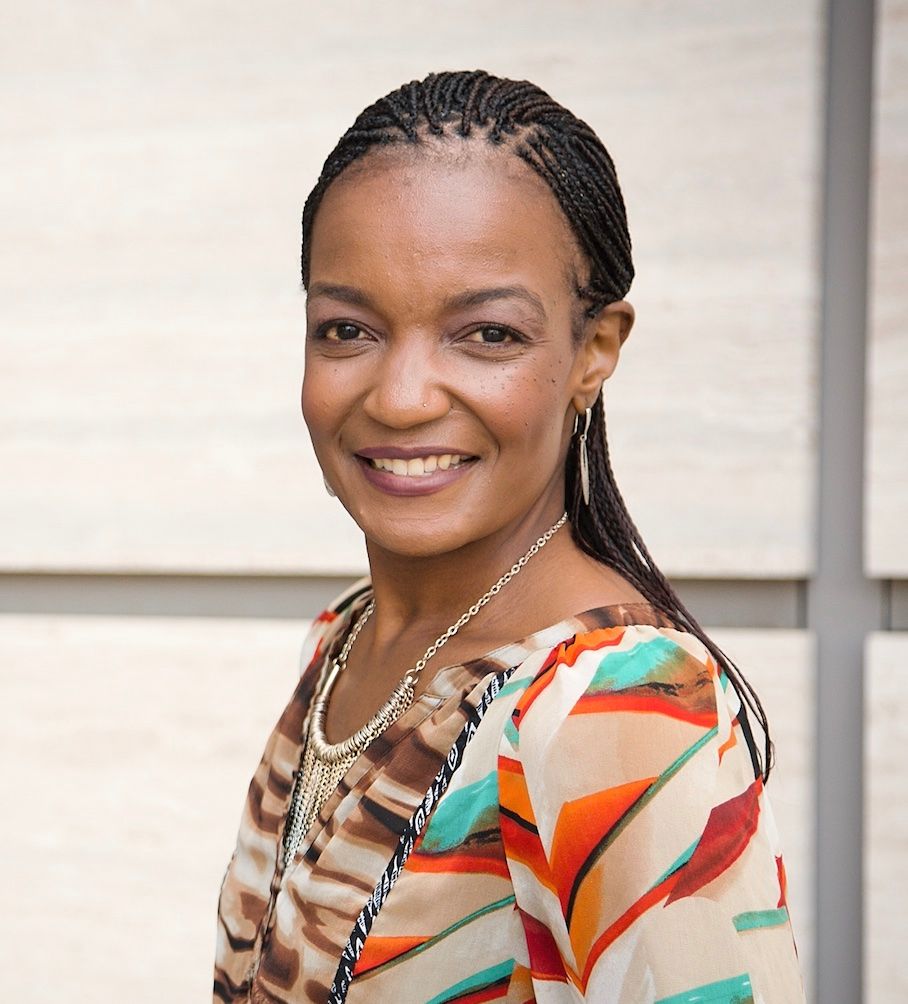The silenced voice of the carer

Stephanie Jackson, DNP, MSN, RN, AOCNS, BMTCN

A 75-year-old woman was recently diagnosed with stage III lung cancer. She has interstitial lung disease, secondhand smoke, hypertension, and hyperlipidemia. After diagnosis, the nurse reviews the radiation and chemotherapy plan. To ensure monitoring of her first cycle of chemotherapy, she is admitted to the hospital and discharged after she reaches her lowest point. During her hospital stay, the medical team noted her cognitive deficits, manifested by repetitive questions, inability to process information, and short-term memory loss. She is scheduled for follow-up in the outpatient clinic in two days but does not show up for her appointment. The infusion nurse calls the patient to see why she missed her appointment, and the patient tells the nurse that she was never told she had an appointment. The infusion nurse asked if her family could help take her to future appointments, but the patient stated that she did not have any family to help her. A few weeks later, the patient’s daughter contacted the doctor to inform him that she had noticed unusual behavior and that she would accompany her mother to all future appointments.
According to the International Agency for Research on Cancer, there were more than 18 million new cases of cancer in 2018.1 This deadly disease has claimed an estimated 9.6 million lives and is considered a leading cause of morbidity.2 Given the complexity of the care required by cancer patients, caregivers are an essential part of managing the disease. The caregiver role is often filled by a family member or someone closely connected to the patient. Their responsibilities may range from living with the patient to providing emotional support, financial assistance, transportation to/from appointments, or helping navigate the health care system.3 Caregivers may also be responsible for preventing isolation by helping the patient maintain contact with their community and extended family. As the severity of the disease progresses and life approaches end, caregiver involvement can increase dramatically.3
To date, there is little research on the impact of nursing on the health of caregivers. Current models of care focus on the patient, resulting in inadequate assessment and involvement of caregivers.4 Delayed recognition of caregiver experiences can lead to burnout and extreme stress. In 2019, a descriptive cross-sectional study was conducted in the oncology department using purposive sampling to examine the experiences and burnout levels of caregivers of cancer patients.4 The study identified the following common themes: children were the most common caregivers, mild stress was most commonly described by caregivers, many caregivers experienced hopelessness and frustration, and caregivers perceived a lack of social activities and leisure time.
In comparison, an additional cross-sectional study was conducted in Iran to investigate the prevalence of stress, depression, and anxiety among caregivers of cancer patients.5 The measures used to assess these variables included the Beck Depression Inventory, Beck Anxiety Inventory, and the Zarit-Burden Interview. The sample size was 300 nurses, including 167 men and 133 women. Significant demographic variables included nurses being related to the patients, married, and self-employed. Themes identified in the results revealed that 46% of nurses were severely depressed, 53% experienced anxiety, and 30% experienced severe burden.
Financial toxicity is another common variable faced by caregivers of cancer patients. In 2019, a cross-sectional observational study was conducted with 100 dyad patients and their caregivers.6 The purpose of this study was to examine experienced financial toxicity, factors contributing to this phenomenon, and the impact of financial toxicity on patient outcomes. The most common diagnoses included in the sample included breast cancer, gynecological cancer, lung cancer, gastrointestinal cancer, skin cancer, and genitourinary cancer. The two factors associated with lower financial toxicity are older patient age and higher annual income. Medication nonadherence was associated with significant treatment costs and financial toxicity among caregivers. Caregiver lifestyle-changing behaviors included account withdrawals and reduced spending on leisure activities due to a decrease in patient income.
As the cost of cancer treatment continues to rise, it is becoming increasingly difficult for patients and their families to afford treatment. The fact that health insurance plans do not offer full coverage also adds to the burden of co-payments and rising co-payments.7 Two strategies that have been shown to be effective in reducing unnecessary testing are communication and cost transparency. In 2019, a qualitative study was conducted with oncology providers, patients, and caregivers to determine their preferred method for discussing the cost of cancer care.8th Telephone interviews were conducted and analyzed using thematic analysis. Four themes identified included benefits, potential side effects, delivery, and timing of cost information.
It is important for oncology nurses to advocate for patients and families by continually assessing caregiver burden, financial toxicity, and effective communication that lead to poor decisions. According to Haverfield et al., the benefits of sharing cost information result in reduced financial expenditures on treatments and preparations for patients. However, the potential negative impact that nurses must be aware of is the influence that patients may feel regarding the provider’s influence on the treatments selected. The teach-back method can be used to assess a patient’s understanding of the information provided by the medical team and to address any information that may be unclear. Social workers are critical to assist with cost information and communicate the availability of resources to assist with out-of-pocket costs. Finally, cost information should not be communicated at the time of diagnosis; this can be done after treatment and after the patient has had time to discuss their prognosis with the medical team. Addressing cost at the time of diagnosis can cause depression in the patient, which can lead to ineffective coping.
Finally, the daughter began to accompany her mother to all appointments and was granted a durable power of attorney. The mother was diagnosed with a degenerative cognitive disorder and required the supervision of a caregiver for all personal and medical care. A year later, after repeated unsuccessful treatments, the decision was made to transfer the patient to a hospice. The patient died peacefully a few weeks later surrounded by her daughter and grandchildren.
References
- International Agency for Research on Cancer. Global Cancer Observatory. Retrieved 30 April 2024. https://gco.iarc.fr
- Cancer. World Health Organization. Retrieved 1 May 2024. https://www.who.int/health-topics/cancer#tab=tab_1
- Engebretson A, Matrisian L, Thompson C. Pancreatic cancer: patient and caregiver perceptions of diagnosis, psychological impact, and importance of support. Pancreatology. 2015;15(6):701-707. doi:10.1016/j.pan.2015.05.471
- Onyeneho CA, Ilesanmi RE. Caregiving burden and perceived psychosocial consequences among family caregivers of cancer patients. Asia Pac J Oncol Nurs. 2021;8(3):330-336. doi:10.4103/2347-5625.308678
- Karimi Moghaddam Z, Rostami M, Zeraatchi A, Mohammadi Bytamar J, Saed O, Zenozian S. Caregiving burden, depression and anxiety among family caregivers of cancer patients: an examination of patient and caregiver factors. Frontpsychol. 2023;14:1059605. doi:10.3389/fpsyg.2023.1059605
- Sadigh G, Switchenko J, Weaver KE, et al. Correlates of financial toxicity among adult cancer patients and their informal caregivers. Support cancer treatment. 2022;30(1):217-225. doi:10.1007/s00520-021-06424-1
- Finkelstein EA, Tangka FK, Trogdon JG, Sabatino SA, Richardson LC. The personal financial burden of cancer for the working-age population. Am J Manag Care. 2009;15(11):801-806.
- Haverfield MC, Singer AE, Gray C, Shelley A, Nash A, Lorenz KA. Implementing routine communication about the cost of cancer care: provider, patient, and caregiver perspectives. Support cancer treatment. 2020;28(9):4255-4262. doi:10.1007/s00520-019-05274-2



